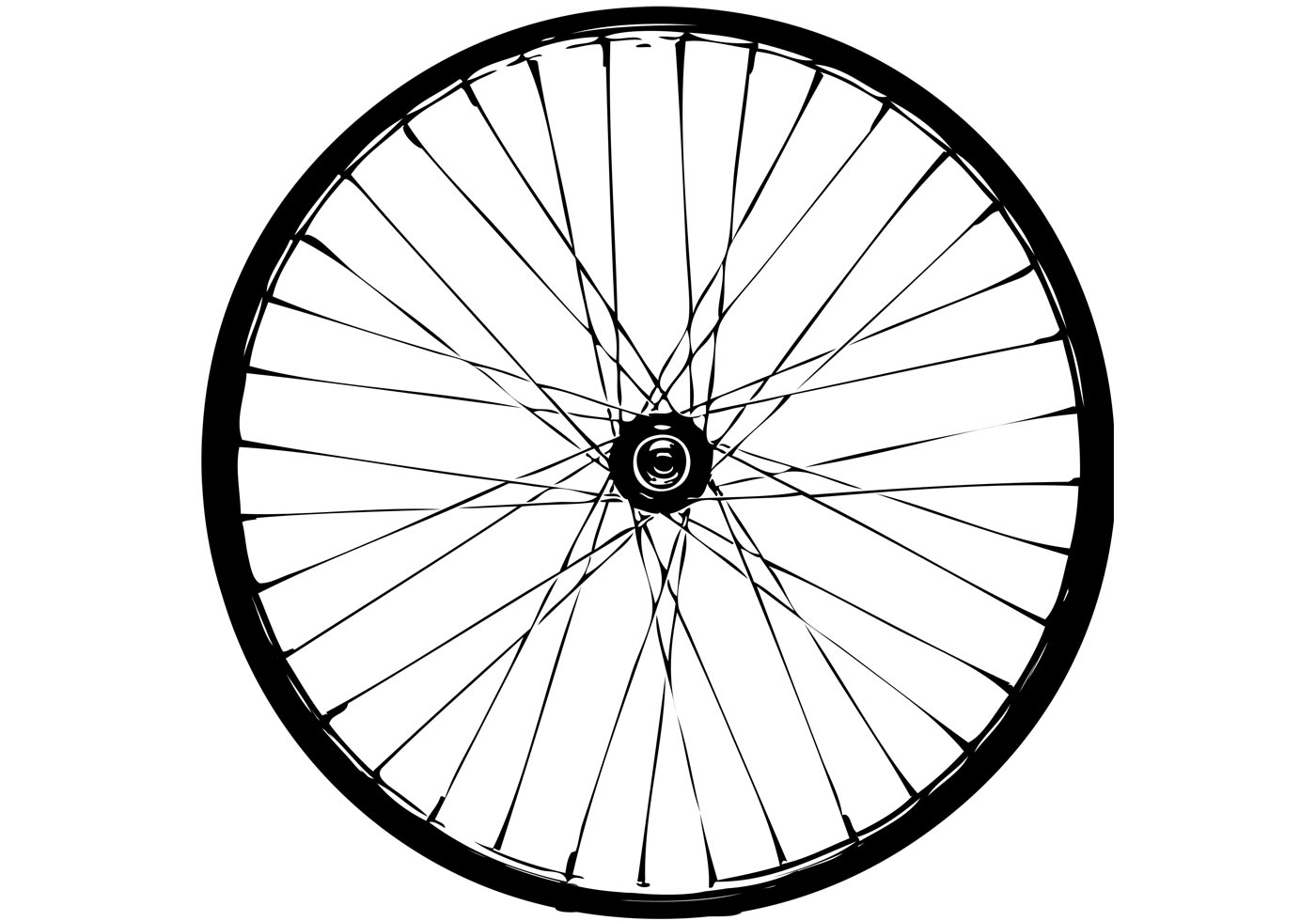Nevertheless, he persisted
The surface of the Brunswick pool was made of three pieces of inch-thick slate that were so heavy that several men strained to carry them down the steps of our basement. The wheels of the pickup truck that delivered the slate to our house sank into the muddy ground in our backyard.
Frank Borrelle in his pool hall on Warren Street in Hudson, New York.
The men, including my father, were too exhausted from the move to put the table together so they left the slate stacked on the floor near the wooden frame of the table.
Several days later, I came home from school and the eight-foot-long table was assembled, an expanse of green felt expertly stretched over the slate, ready for play. To this day, my family still doesn't know how the slate was hoisted onto the frame. The only person working on the table that day was my grandfather, Frank Borrelle, who was in his seventies and stood about five-and-a-half feet tall. However it happened -- through some magic leverage trick or the help of a few hired hands -- the "mystery of the pool table " became a legend in our family and a symbol of the way my grandfather overcame challenges others walked away from.
Now, my grandfather knew pool tables. Our table came from his pool hall, Ritz Billiards, a three-table emporium he ran for nearly 40 years on lower Warren Street in Hudson, N.Y.
The son of an Italian farmer, he twice emigrated to America during his childhood, staying for good on the second trip. His family lived in a house near a quarry in Hudson and "picked rocks" for 10 cents a day, as he told me. After several jobs in and near Hudson, including owning a luncheonette on Warren Street, Frank opened his pool hall and ice cream parlor at 223 Warren Street in about 1925 (he added a soda fountain in 1938). He and his wife, Anna, and eventually three children lived in the apartment upstairs.
The pool hall in its heyday. The woman on the right is my mother, Rachel Borrelle Sheffer.
Frank Borrelle was tough but well-liked. The pool hall became a favorite hangout for Hudson boys in the 1930s and 40s. Its regulars were like a close-knit family, according to his daughter and my mother, Rachel. When these young men left Hudson to serve in World War II, my grandfather saw them off at the train station and took home movies of their departures. When home on leave, the men stopped to see Frank and posed in their uniforms for photos, which he hung on the wall of the poolroom.
The pool hall was also the start of a real family, mine. My great-grandfather on my father's side, William Sheffer, was one of Frank's best friends and spent every night in the poolroom for many years. If William didn't show up, Frank would go to his house and check on him. William Sheffer's grandson, Ken, would marry my mother. Their first date was in a restaurant next to the pool hall, Paramount Grill.
World champion Willie Mosconi takes a shot in my grandfather's pool hall as Pete Leggieri of Hudson looking on. More than 100 people watched in 1954 as Mosconi beat Leggieri in a "hard, well-played game" according to the local newspaper.
The pool hall drew great players from around the world, including the best ever, Willie Mosconi. Wagers of all kinds were common, and the billiards games were surrounded by other gambling opportunities including a card game in the basement.
My grandfather was still skilled with a pool cue in his 70s and would show us amazing trick shots on the table in our basement, including shooting a half-dollar standing on edge between two blocks of cue chalk at the far end of the table. A life-long tinkerer, he spent much of his retirement making things -- wooden pencil boxes, converting wide-mouth beer bottles into candle holders -- and would stop anywhere and everywhere to harvest dandelions for salads, even other peoples' property.
In earlier days...the woman beneath the "pocket billiards" sign is my grandmother, Anna Borrelle.
Stricken by emphysema late in life, Frank spent many hours watching game shows and Lawrence Welk on television. He built a home-made remote-control so he wouldn't have to watch the "goddamn commercials." On Saturday nights when we visited his home, he would audiotape the Welk show and commanded us to be quiet during the hour -- a command my grandmother frequently ignored.
Americans admire the courage and entrepreneurship of their immigrant ancestors. The lesson I take from my grandfather's life is persistence. Without the benefit of speaking the language when he arrived, without money or a mother, and facing discrimination, he would not give up.
There is a story in our family that Frank's wife and my grandmother, Anna, hit a garbage truck with her car when taking her driving test. Sensing he might need to supplement my grandmother's questionable driving skills, Frank threw a carton of cigarettes to the inspector when the road test was over. Anna had her license.
Frank Borrelle got things done, somehow, someway, even magically moving slate so his grandchildren could join him in a game of pool.




